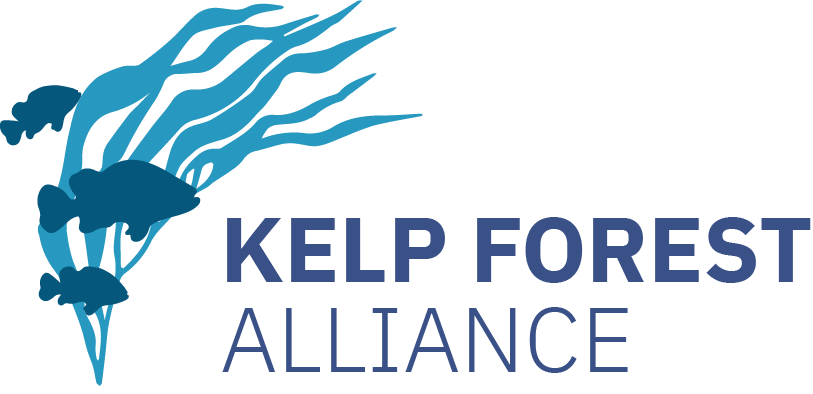In his (2023) PhD thesis chapter on Global Kelp Forest Restoration: Past Lessons, Present Status, and Future Directions, Aaron Eger delved into the rich history of kelp restoration, analysing an impressive dataset of 259 documented attempts spanning 60 years across 16 countries, various user groups, and multiple languages. This research and data set became the foundation for the platform, its scientific citations, members, and geo-mapping.
In the report, Eger observed that kelp forests worldwide are declining due to various stressors, including pollution, climate change, and sea urchin overgrazing. Traditional passive management approaches have been insufficient to restore lost kelp populations, leading to a shift toward active restoration methods.
Past kelp forest management approaches focused on improving environmental conditions, limiting harvest, and creating marine protected areas (MPAs). While these passive measures were successful in some areas, they often failed to re-establish lost kelp populations.
Restoring kelp forests offers numerous benefits, including habitat provisioning, nutrient cycling, carbon sequestration, economic value, and cultural significance. But despite global interest in marine ecosystem restoration, kelp forests have yet to be included in any major restoration agenda.
Eger found that kelp restoration efforts have increased in the past decade but need to be more connected globally.
The key findings regarding the success of restoration initiatives include the following:
- Proximity to existing kelp forests.
- Mitigating disturbances like urchin grazing.
- Establishing significant kelp populations during transplantation.
- Afforestation (creating new kelp habitat) through artificial reefs is common but expensive and contentious.
- Restoration project costs have historically been high but are gradually decreasing.
- Future methods like genetic manipulation and kelp aquaculture show potential for addressing barriers to restoration.
- Legal frameworks for kelp restoration might need reconsideration to allow careful manipulation of ocean spaces.
Recommendations included:
- Addressing urchin grazing.
- Exploring seeding methods.
- Considering new restoration technologies.
- Reevaluating legal frameworks for effective kelp restoration.
Summary:
Aaron Eger's PhD thesis chapter delved into global kelp forest restoration, analysing 259 projects across 16 countries. It revealed declining kelp populations and highlighted the shift from passive to active restoration methods, emphasising the benefits and challenges of restoring these vital ecosystems. The report concluded that collaboration among individuals, organisations, and countries is crucial for successful kelp restoration efforts. Efforts to consolidate experiences and learning, such as the Kelp Forest Alliance, represent a step towards advancing future restoration efforts.



